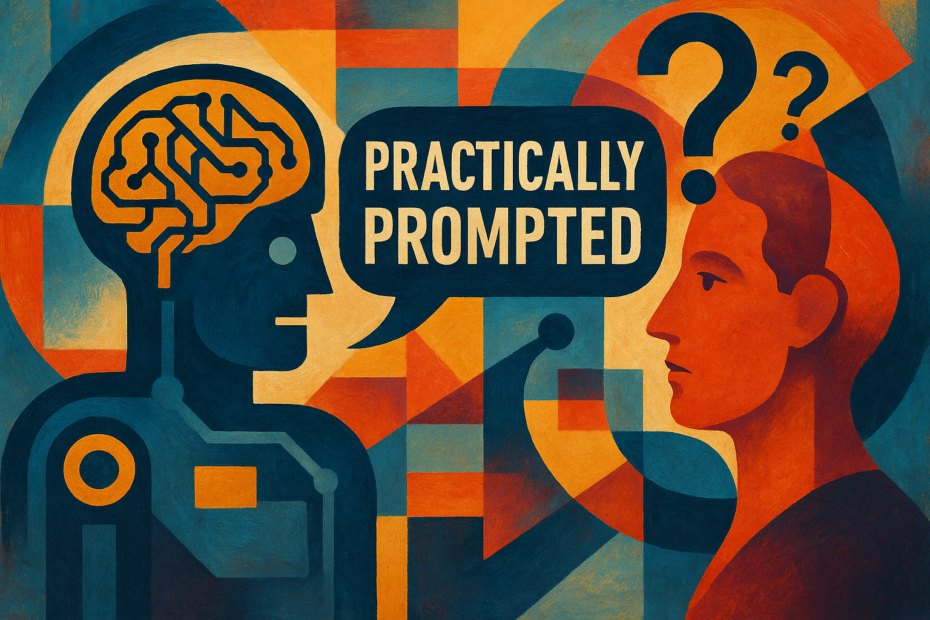Written by Hazem Zohny, University of Oxford
Sacrificial dilemmas are popular among philosophers. Should you divert a train from five people strapped to the tracks to a side-track with only one person strapped to it? What if that one person were a renowned cancer researcher? What if there were only a 70% chance the five people would die?
These questions sound like they have nothing to do with a government budget. These annual events are, after all, conveyed as an endeavour in accounting. They are a chance to show anticipated tax revenues and propose public spending. We are told the name of the game is “fiscal responsibility” and the goal is stimulating “economic growth”. Never do we talk of budgets in terms of sacrificing some lives to save others.
In reality, though, government budgets are a lot like those trains, in philosophical terms. Whether explicitly intended or not, some of us take those trains to better or similar destinations, and some of us will be left strapped to the tracks. That is because the real business of budgets is in distributing death and life. They are exercises in allocating misery and happiness.Read More »Cross Post: Why Government Budgets are Exercises in Distributing Life and Death as Much as Fiscal Calculations







